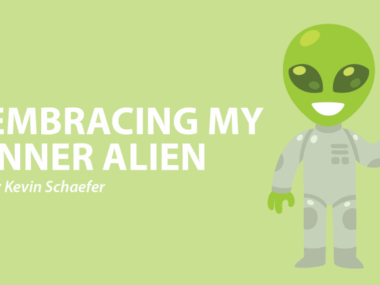I may be queen of my kitchen, but I enjoy cooking together
Collaborating with company to prepare my food is an art form of its own
Written by |

“What are we making for dinner today?” my friend asks as we head to my kitchen. I love when she says “we,” because she knows I like to be an active participant in this process. It isn’t just her making something for me; it’s both of us making something together.
This concept isn’t new to me. When I was a little girl, I remember sitting at the kitchen counter and helping my mom by cracking eggs, sprinkling cheese, or licking the spatula. When I was in college, my roommate was a culinary student, and I liked to help her by chopping fruit or measuring spices. There have been a few “Connie specialties” over the years that I’ve been able to put together all by myself, no-bake recipes involving lightweight ingredients and low-impact physical effort.
Because of my SMA, my motor skills are lacking, my range of motion is limited, and my reflexes are about as sharp as a sloth, so it’d be a bad idea for me to handle sharp knives or hot pots and pans. Even though some clever, modified utensils and appliances are out there, many of them don’t work for me. So for the most part, I accepted my role as kitchen companion and chief taste-tester and left the real work to people whose hands and arms were more reliable.
My own kitchen kingdom
But something changed in me when I moved into my own house (with no roommates) three years ago. For the first time, I was the queen of my kitchen. I didn’t have to share refrigerator space with anyone; I could arrange my cabinets in a way that made sense only to me, and I could fill my grocery lists with items I wanted.
Of course, the downside to being queen is that there’s no one else to blame for dirty dishes, I have to buy all the groceries myself, and I have to use up the perishable things before they spoil. I’ve definitely had a learning curve, but I’m proud to say I’m now a fairly responsible adult when it comes to my kitchen, and I feel so much freedom and delight in taking ownership of my meals.
I still can’t use my hands and arms, though, so I continue to need lots of help. That’s why my friend asks, “What are we making for dinner today?”
She opens my refrigerator and I assess what’s inside, choosing colorful items with iron, fiber, and protein, and maybe a sauce or herbs to bring it all together. She pulls out the ingredients and awaits my instructions: Are we chopping or slicing, and how small? Are we using the air fryer, stove, or oven? What needs to be sauteed first and what is a last-minute add-on? She knows she can question my sometimes-edgy decisions, and usually I tell her to trust my artistic genius (though occasionally her interventions have saved me from flavor disaster).
My friend may be the one using her hands to prepare and move the food around, but I’m just as invested in the project as she is. I read out measurements and steps, determine how hot the stove should be, set timers, and point out where utensils are stored. I keep an eye on the color and texture of the food as the heat transforms it, and I make the calls about how far to deviate from the recipe: “Be generous with that cinnamon! We need more thyme! Light on the chili pepper! Ew, no, are peas even necessary?”
We adapt according to what’s available, what our mood is, and what playlist we’re listening to. Some meals turn out wonderfully and some I’d never attempt again, but every single time it’s a creative adventure. In a weird way, I’m glad I can’t do it alone and that I have friends to share it with.
That’s the key ingredient, you see: togetherness. No matter your ability level, food always tastes better and life always feels happier when you enjoy it with friends.
Note: SMA News Today is strictly a news and information website about the disease. It does not provide medical advice, diagnosis, or treatment. This content is not intended to be a substitute for professional medical advice, diagnosis, or treatment. Always seek the advice of your physician or other qualified health provider with any questions you may have regarding a medical condition. Never disregard professional medical advice or delay in seeking it because of something you have read on this website. The opinions expressed in this column are not those of SMA News Today or its parent company, Bionews, and are intended to spark discussion about issues pertaining to spinal muscular atrophy.





Leave a comment
Fill in the required fields to post. Your email address will not be published.